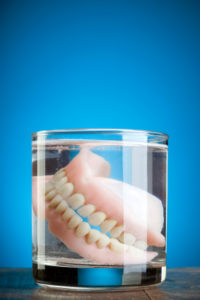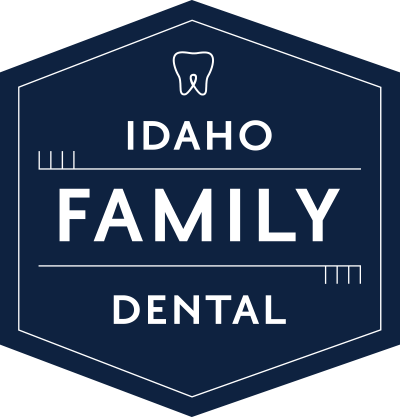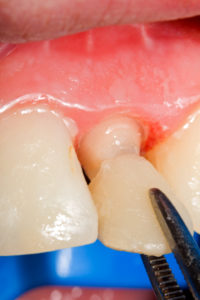 If you have lost a lot of teeth whether due to disease, age, an accident or some other reason, you are probably wondering what your options are for replacing these teeth. If many teeth were lost, getting implants to replace all of them may not be cost effective. You may have to start looking at dentures.
If you have lost a lot of teeth whether due to disease, age, an accident or some other reason, you are probably wondering what your options are for replacing these teeth. If many teeth were lost, getting implants to replace all of them may not be cost effective. You may have to start looking at dentures.
Dentures are a rather misunderstood type of solution for your dental problems. You have likely known people that had all of their teeth pulled, even good ones, to make way for a full denture. You may have heard about partial ensures where the denture is attached to the teeth that are remaining in your mouth.
Then there are the questions of whether you have to take them out every night, are they removable, how do you clean them, can they fall out? Can you have the kind that are anchored with implants?
How can you avoid having full dentures because you don’t want any bone loss? What is an overdenture? All of these are reasonable questions, but for now, we’ll focus on the last one.
What Are Overdentures?
Overdentures are dentures that are attached to the remaining teeth or are attached to implants. It can be either a complete or partial denture. A complete denture replaces all of the teeth. If you are missing more than six teeth an overdenture may be the solution for you.
Overdentures have the singular advantage over traditional dentures in that they reduce the amount of shrinking in your jawbone and they are strong enough to keep your dentures stable when you are chewing, biting, and talking. This type of denture lasts longer and unlike traditional dentures, it typically does not have to be refitted. They are also removable.
When you get overdentures that are supported by your natural teeth, it is usually the canines that support them. Overdentures are a good option if you have teeth present because you can avoid the extraction of the rest of your teeth. This type of overdenture can be used for both the upper and lower jaw.
Implant-supported overdentures are an option if you do not have your canines or if we think that implant teeth would be stronger than your natural teeth. But implant-supported overdentures work the same way as overdentures supported by your natural teeth and both methods preserve the jawbone.
If you would like to discuss your options, please give us a call.




